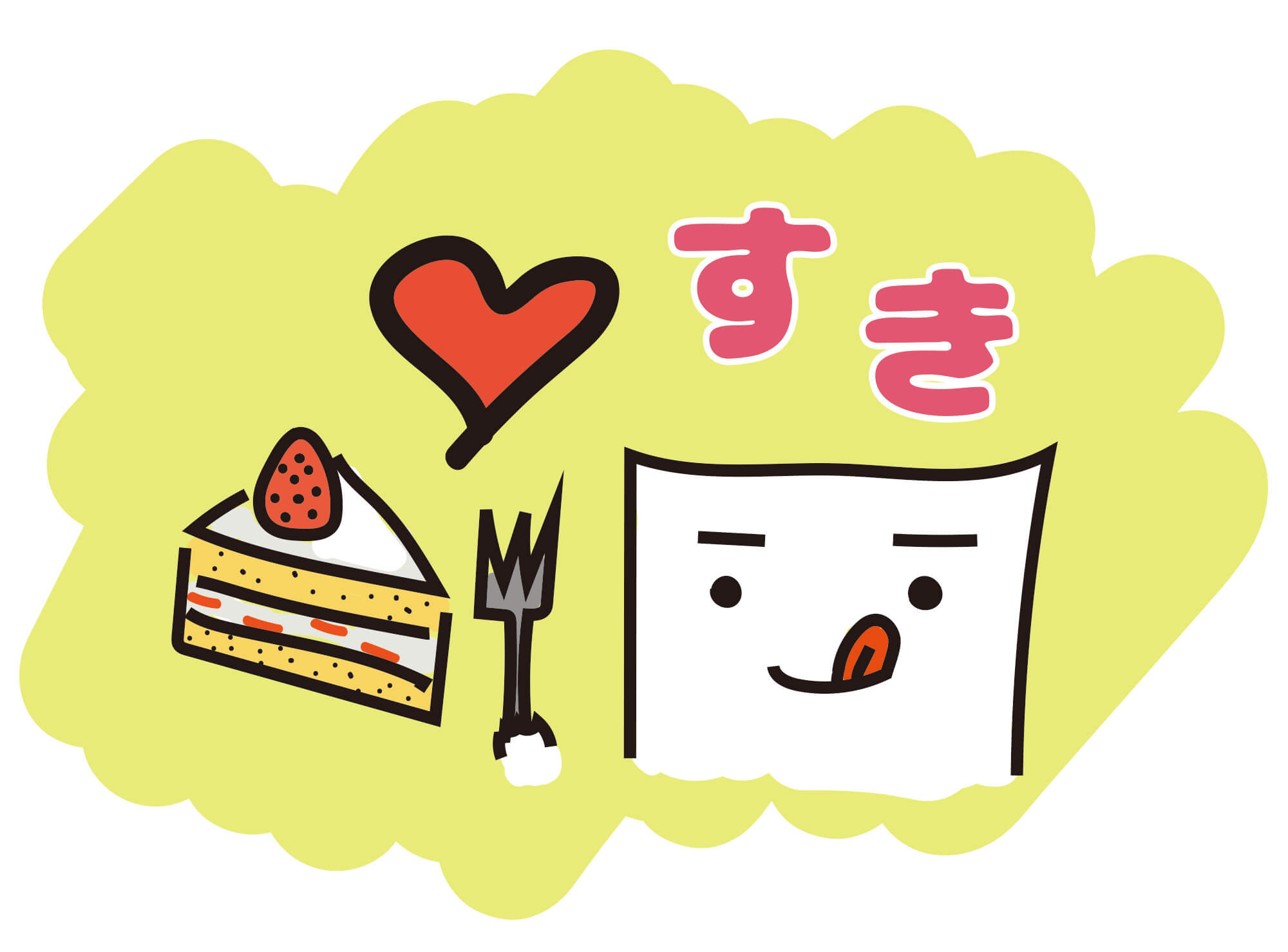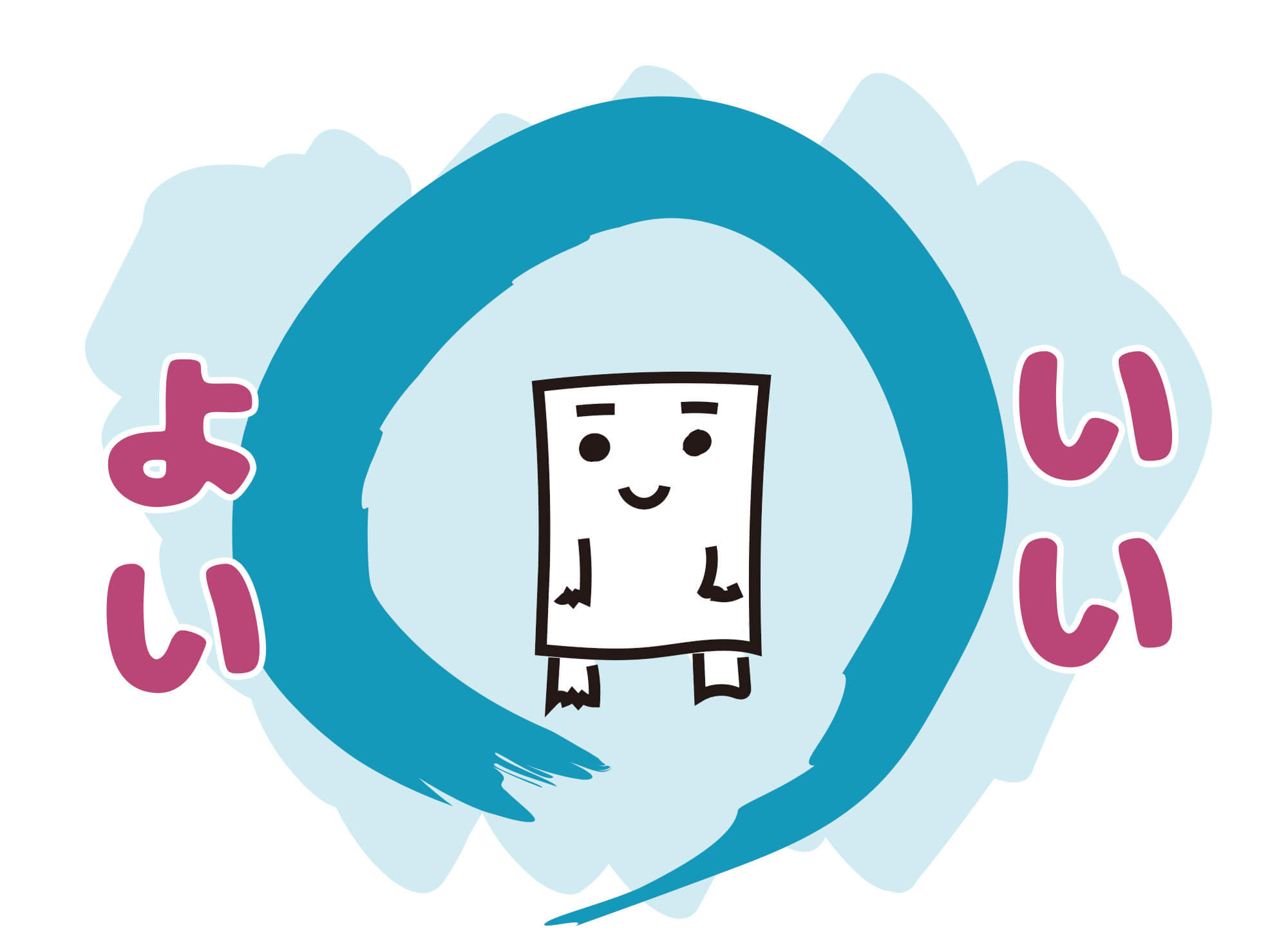な-adjectives ; like : すき dislike : きらい
すき and きらい mean respectively “favorite, to like” and “not favorite, to dislike” and these conjugate like the な adjective.
The particle が is used to indicate the direct object.
Something + が + すきです / きらいです
このワインが すきです。 I like this wine.
サラは さかなが すきじゃありません。 Sarah does’t like the fish.
おとうとは アメリカのおんがくが すきでした。 My little brother liked American music.
このえいがが きらいです。 I hate this film.
きらいじゃありません。 It isn’t bad.(I don’t dislike it.)
サラは さかなが すきじゃありません。 Sarah does’t like the fish.
おとうとは アメリカのおんがくが すきでした。 My little brother liked American music.
このえいがが きらいです。 I hate this film.
きらいじゃありません。 It isn’t bad.(I don’t dislike it.)
な-adjectives ; to be good at : じょうず, bad at : へた
じょうず and へた mean respectively “to be good at, well” and “to be bad at, not well”. In English these are translated in different verbs following the type of the grammatical subject of the phrase in Japanese.
The particle が is used to indicate the direct object.
Something + が + じょうずです / へたです
たけしさんは スペインごが じょうずです。 Takeshi speaks Spanish well.(good at Spanish)
おねえさんは ピアノが じょうずじゃありません。 My elder sister isn’t good at piano.
おとうとは りょうりが へたです。 My younger brother is bad at cooking.
あなたは えいごが へたじゃありませんよ。 Your English isn’t bad.(You aren’t bad at English.)
おねえさんは ピアノが じょうずじゃありません。 My elder sister isn’t good at piano.
おとうとは りょうりが へたです。 My younger brother is bad at cooking.
あなたは えいごが へたじゃありませんよ。 Your English isn’t bad.(You aren’t bad at English.)
-Note-
When it refers to oneself, the な-adjective とくい is used instead of じょうず.
わたしは えいごが とくいです。 I speak English well.
にほんごが とくいじゃありません。 I’m not good at Japanese.
When it refers to oneself, the な-adjective とくい is used instead of じょうず.
わたしは えいごが とくいです。 I speak English well.
にほんごが とくいじゃありません。 I’m not good at Japanese.



